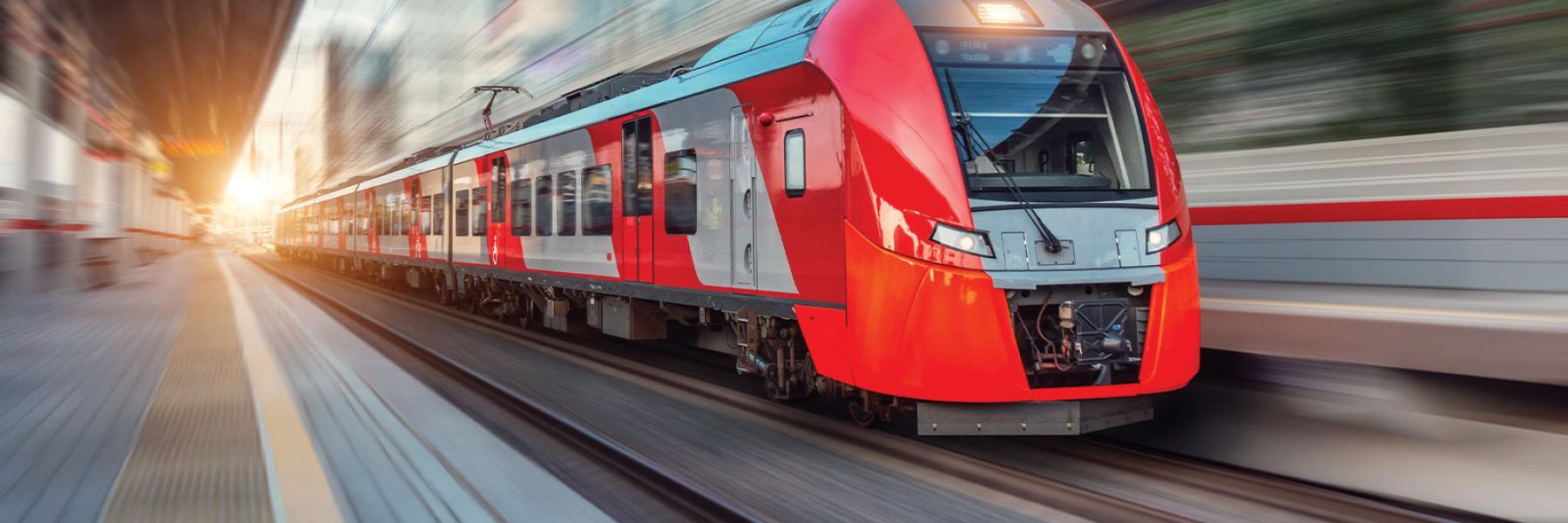Exploring the Multifaceted World of Transport Systems: Unveiling the Diversity and Efficiency
Transportation is an essential aspect of our daily lives, enabling the movement of people, goods, and services across various distances. However, have you ever wondered how many transport systems exist worldwide? In this comprehensive blog post, we will delve into the intricacies of transport systems, exploring their diversity, efficiency, and the latest advancements. From traditional modes of transportation to cutting-edge technologies, this article aims to provide you with a deeper understanding of the vast world of transport systems.
- Traditional Transport Systems:
1.1. Road Transport:
Road transport, including cars, buses, and trucks, remains the most common mode of transportation globally. We will discuss the challenges faced by road transport systems, such as traffic congestion and environmental concerns, along with potential solutions.
1.2. Rail Transport:
Rail transport plays a crucial role in both passenger and freight transportation, offering high capacity and energy efficiency. We will explore the different types of rail systems, including conventional trains, high-speed trains, and maglev trains, highlighting their advantages and limitations.
1.3. Water Transport:
Water transport, comprising ships, barges, and ferries, is vital for international trade and connecting coastal regions. We will discuss the various types of water transport systems, such as container ships, bulk carriers, and cruise ships, and analyze their economic and environmental impacts.
1.4. Air Transport:
Air transport revolutionized global connectivity, enabling rapid travel across continents. We will delve into the complexities of air transport systems, including commercial airlines, cargo planes, and private jets, while addressing issues such as safety, airport infrastructure, and sustainability.
- Emerging Transport Systems:
2.1. Intelligent Transportation Systems (ITS):
ITS integrates advanced technologies, such as sensors, communication networks, and data analytics, to enhance the efficiency and safety of transport systems. We will explore the applications of ITS, including traffic management, smart parking, and autonomous vehicles, and discuss their potential to revolutionize the way we travel.
2.2. Hyperloop:
The Hyperloop concept, proposed by Elon Musk, promises ultra-fast transportation in low-pressure tubes. We will examine the feasibility, challenges, and potential benefits of this futuristic transport system, which could revolutionize long-distance travel.
2.3. Drone Delivery Systems:
Unmanned aerial vehicles (UAVs) have gained popularity for delivering packages and medical supplies in remote areas. We will discuss the advancements in drone technology, the regulatory framework, and the potential impact on traditional delivery systems.
- Future Trends and Challenges:
3.1. Sustainable Transport:
As environmental concerns grow, sustainable transport systems are gaining prominence. We will explore the shift towards electric vehicles, renewable energy sources, and the integration of public transportation systems to reduce carbon emissions and promote a greener future.
3.2. Mobility as a Service (MaaS):
MaaS aims to provide seamless and integrated transportation services, combining various modes of transport into a single platform. We will discuss the benefits of MaaS, such as improved accessibility and reduced congestion, while addressing challenges related to data privacy and interoperability.
Conclusion:
Transport systems are constantly evolving, driven by technological advancements, environmental concerns, and changing societal needs. From traditional modes of transportation to emerging technologies, the diversity of transport systems offers a multitude of options for efficient and sustainable mobility. By understanding the intricacies of these systems, we can contribute to shaping a future where transportation is seamless, eco-friendly, and accessible to all.
